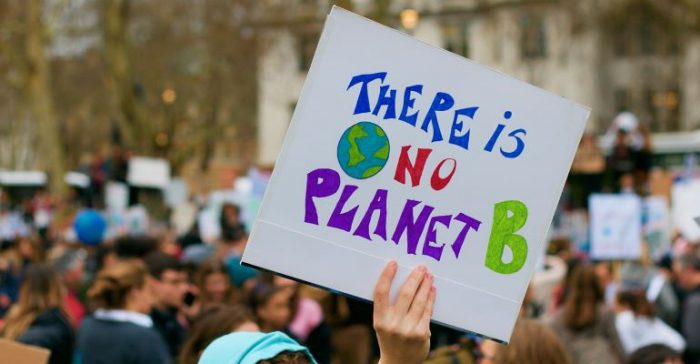Brian McCowan, Zondits Staff, 2/9/2022.
In late 2021, 197 nations met to discuss climate change issues, assess progress, and set international goals. Commonly known as COP26, the 2021 Conference of Parties has been viewed as a qualified success by many, but also as an event that focused attention on the enormity of the challenges ahead. Following the conference, U.N. secretary-general António Guterres, addressing the World Economic Forum, said, “Emissions must fall, but they continue to rise, coal-fired power generation is surging towards a new all-time record.”
During a recent panel discussion moderated by CNBC, industry leaders with experience in both climate change policy issues and corporate management discussed both the progress and challenges of COP26 outcomes. The full CNBC article can be found at the link at the bottom of this summary of key discussion points:
- New international goals are less than had been proposed but are nonetheless significant.
- The Nationally Determined Contributions (NDCs) of many countries will need to be improved if significant progress toward internationally agreed goals is to be made. Individual nations are being called upon to strengthen their national goals during 2022.
- Revisions adopted in final negotiations softened some key protocol provisions. For example, at the insistence of China and India the language of “phase out” of coal was changed to a “phase down” of coal.
- A joint declaration between China and the US signaled an agreement to work together on climate issues including reducing carbon dioxide and methane emissions and stopping illegal deforestation.
- Several countries agreed to “work towards all sales of new cars and vans being zero-emission globally by 2040, and by no later than 2035 in leading markets.”
- The Glasgow Financial Alliance for Net Zero stated that more than $130 trillion of private capital has been “committed to transforming the economy for net-zero.” Most of this financial commitment is represented by corporate climate impact pledges.
- Businesses were viewed as playing a greater role in COP 26 than in previous climate conferences. Daniel Schmid, chief sustainability officer for the German software firm SAP, said that businesses must adopt a “maturity in attitude and understanding of the holistic view on sustainability … with the environmental, the economic and the social dimension and how these are linked to each other. There’s either no business or sustainable business: That is my true belief for the future to come.”
To read the CNBC article, please visit the CNBC website.
